The Amazing Human Brain
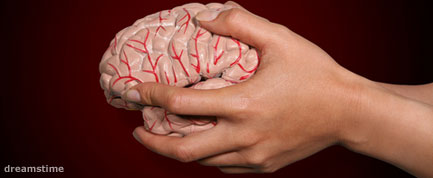
The human brain is the body's computer. Find out everything there is to know about your brain and stay updated on the latest news with the comprehensive articles and images of the brain at LiveScience.com. Learn more about this vital organ as scientists continue to make amazing discoveries about your brain.
Latest about Mind
-
-

Largest-ever brain 'connectome' built by having a mouse watch 'The Matrix' and 'Star Wars'
By Kamal Nahas Published
-

Estrogen may spur the body to make opioids after injury
By Nicoletta Lanese Published
-

The brain may 'move' between related ideas in the same way it navigates from one location to another
By Skyler Ware Published
-
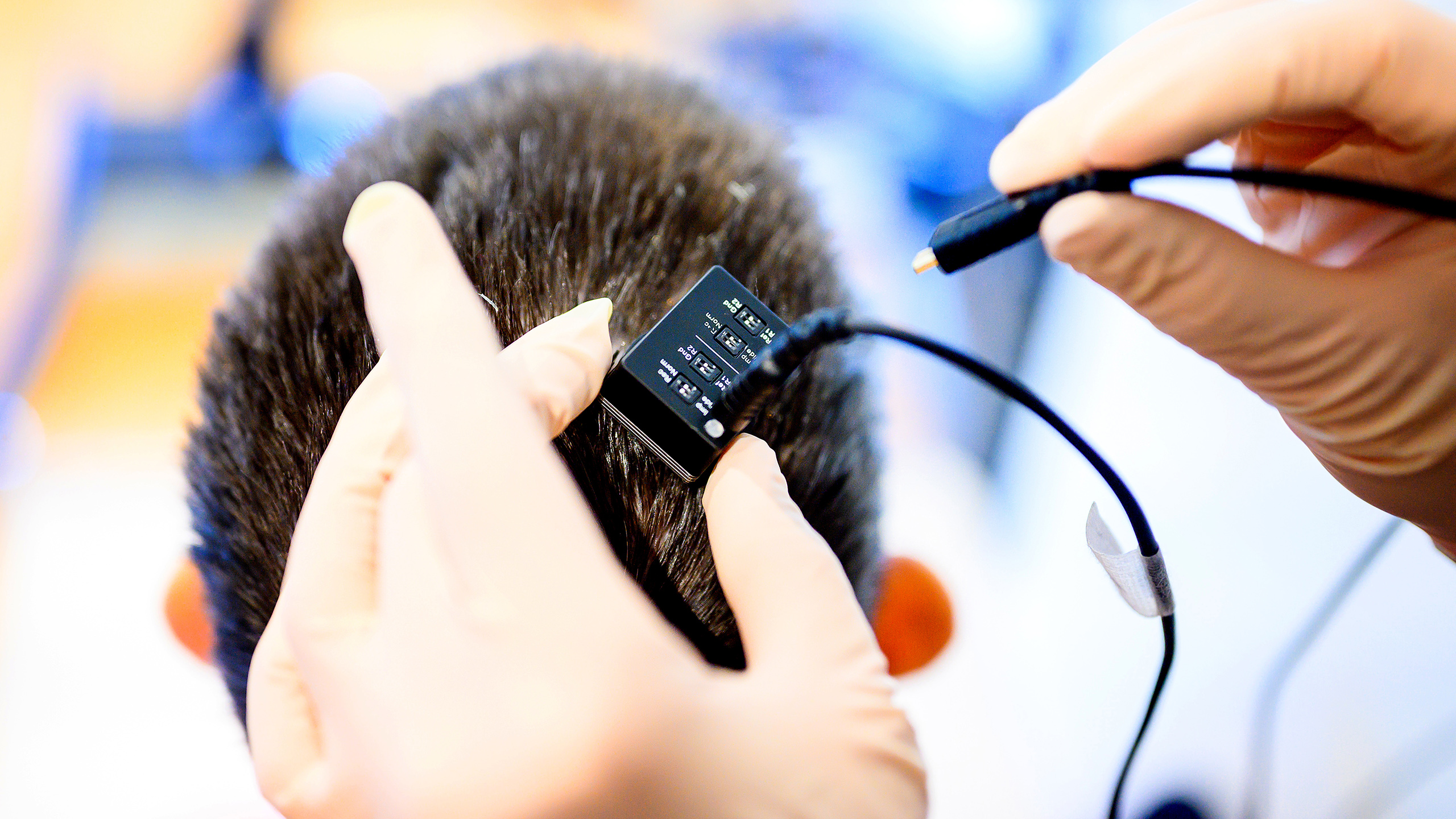
Mind-reading brain implant 'streams' thoughts instantaneously
By Patrick Pester Published
-

Your brain starts eating itself during a marathon, study finds
By RJ Mackenzie Published
-

How much of your brain do you need to survive?
By Marilyn Perkins Published
-

Evidence refuting free will is being misinterpreted, scientists argue
By Aaron Schurger Published
-
Explore Mind
Consciousness
-
-
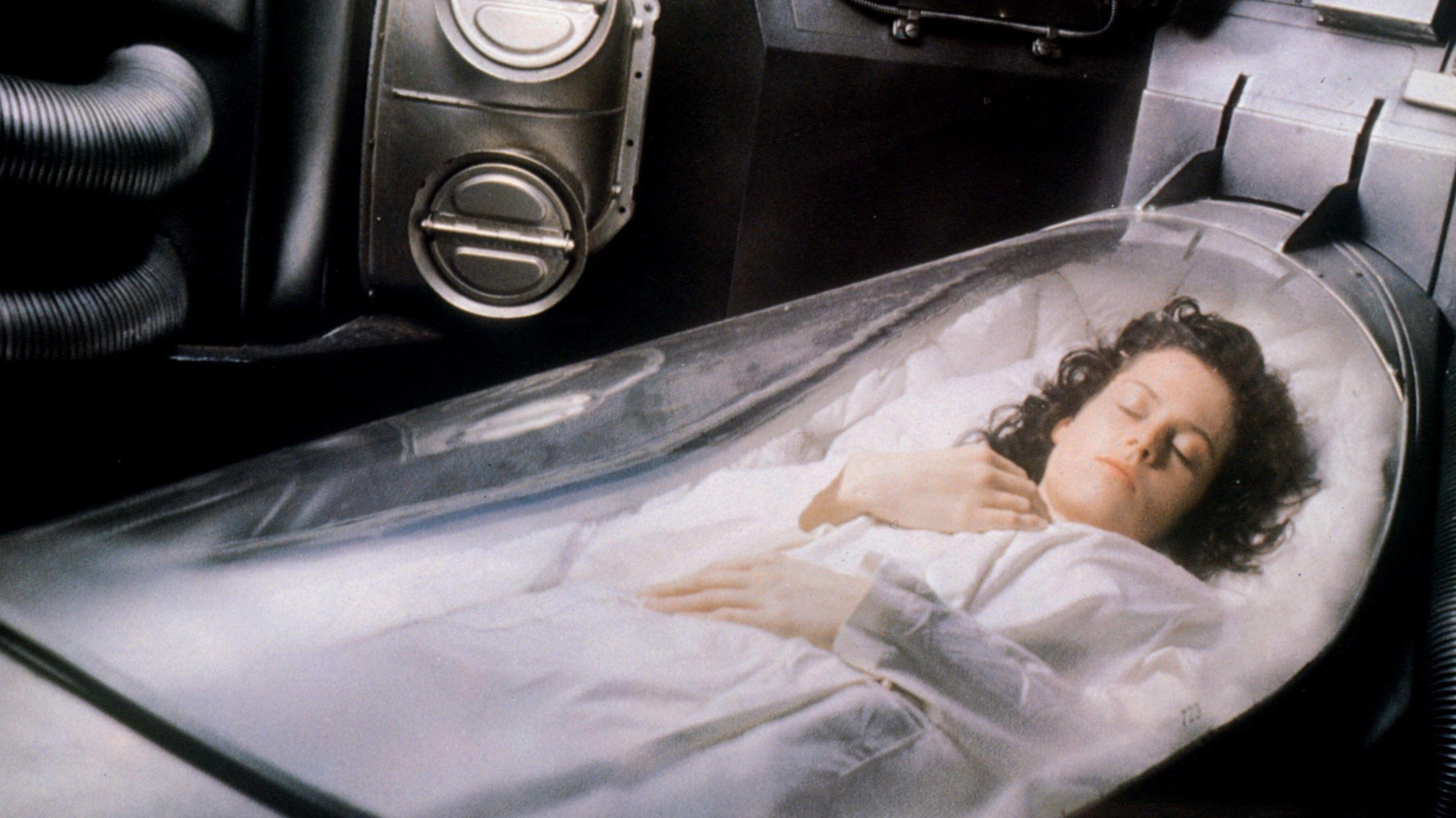
Scientists may be able to put Mars-bound astronauts into 'suspended animation' using sound waves, mouse study suggests
By Ben Turner Published
-

What God, quantum mechanics and consciousness have in common
By John Horgan Published
-

Can our brains help prove the universe is conscious?
By David Crookes Published
-

Ultrasound treatment 'jump-started' the brains of 2 people in coma-like state
By Rachael Rettner Published
-

What is consciousness?
By Grant Currin Published
-
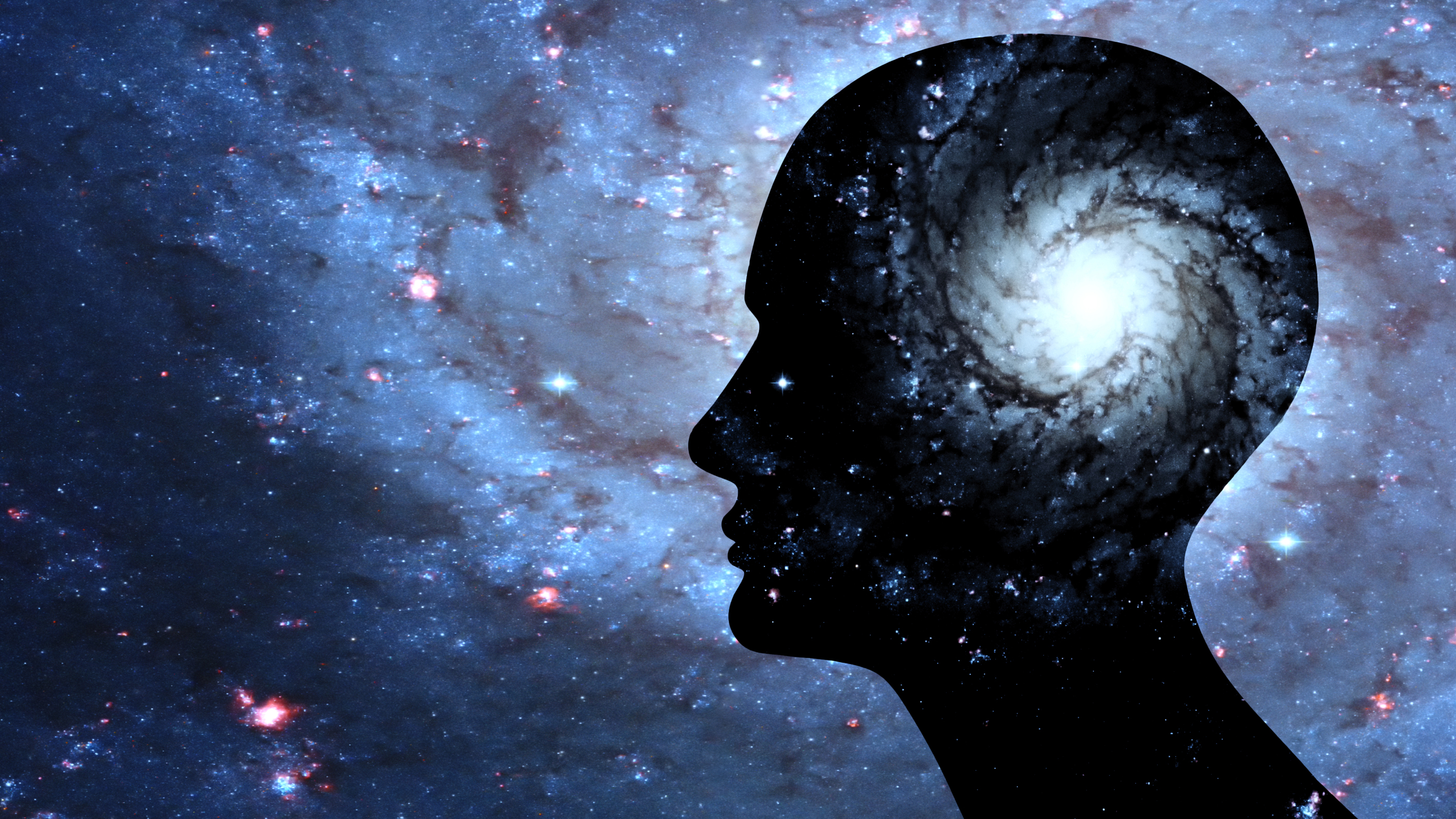
Does Consciousness Pervade the Universe?
By Gareth Cook Published
-
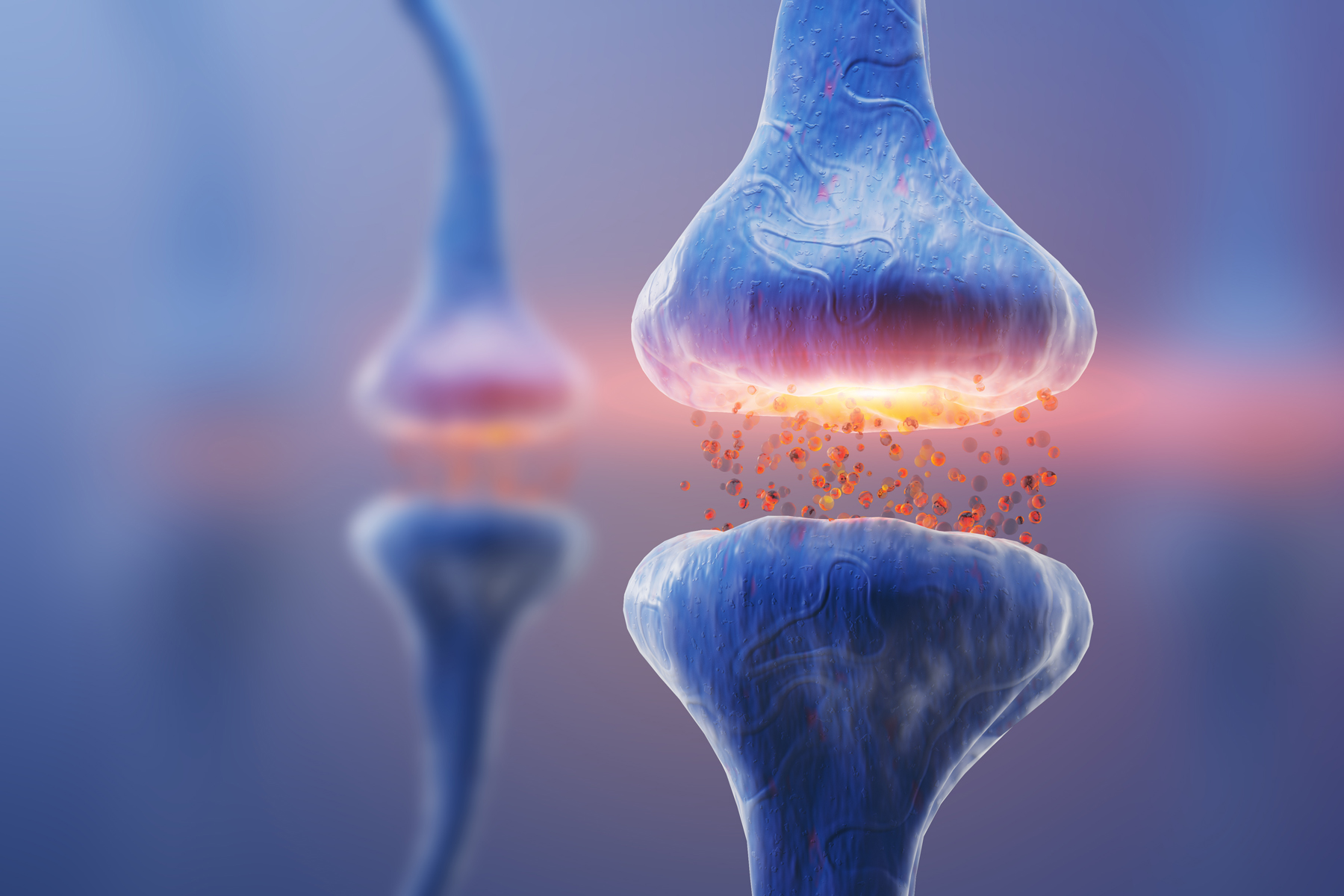
Why Can't Science Explain Consciousness?
By Philip Goff Published
-

Why Computers Will Never Be Truly Conscious
By Subhash Kak Published
-
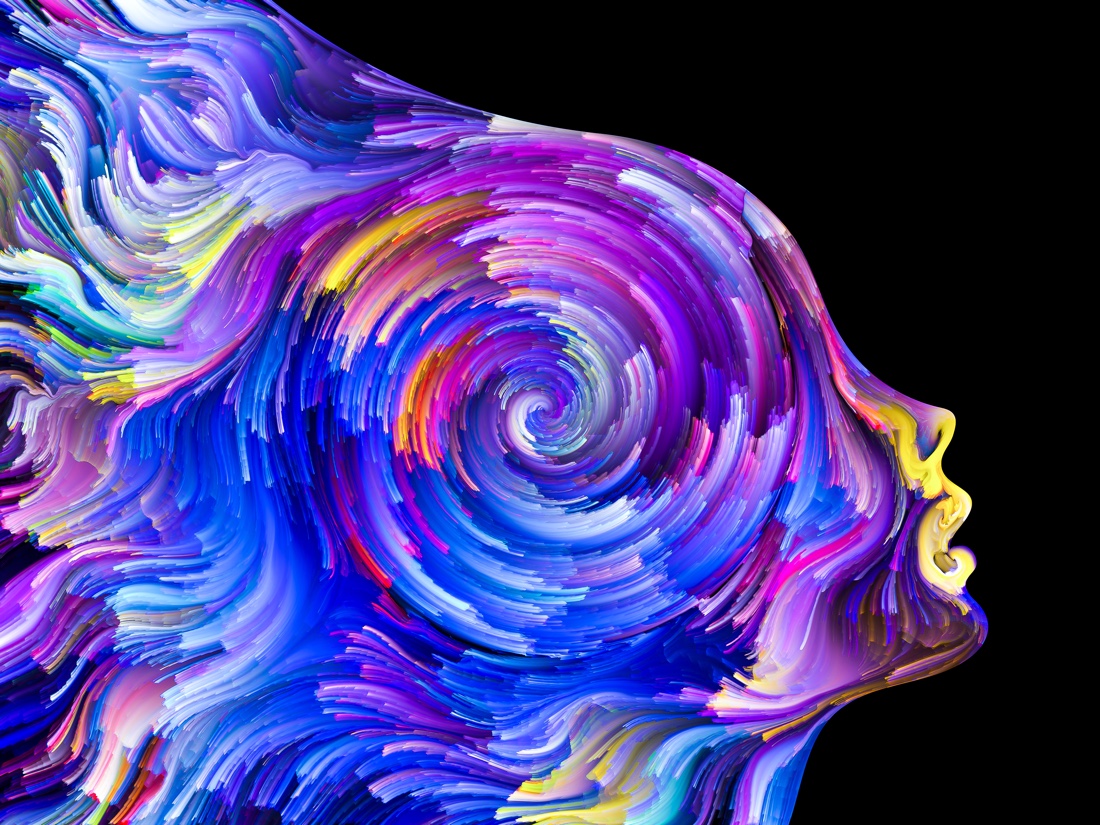
How Can You Tell if Someone (or Something) Is Conscious?
By Tam Hunt Published
-
Dreams
-
-
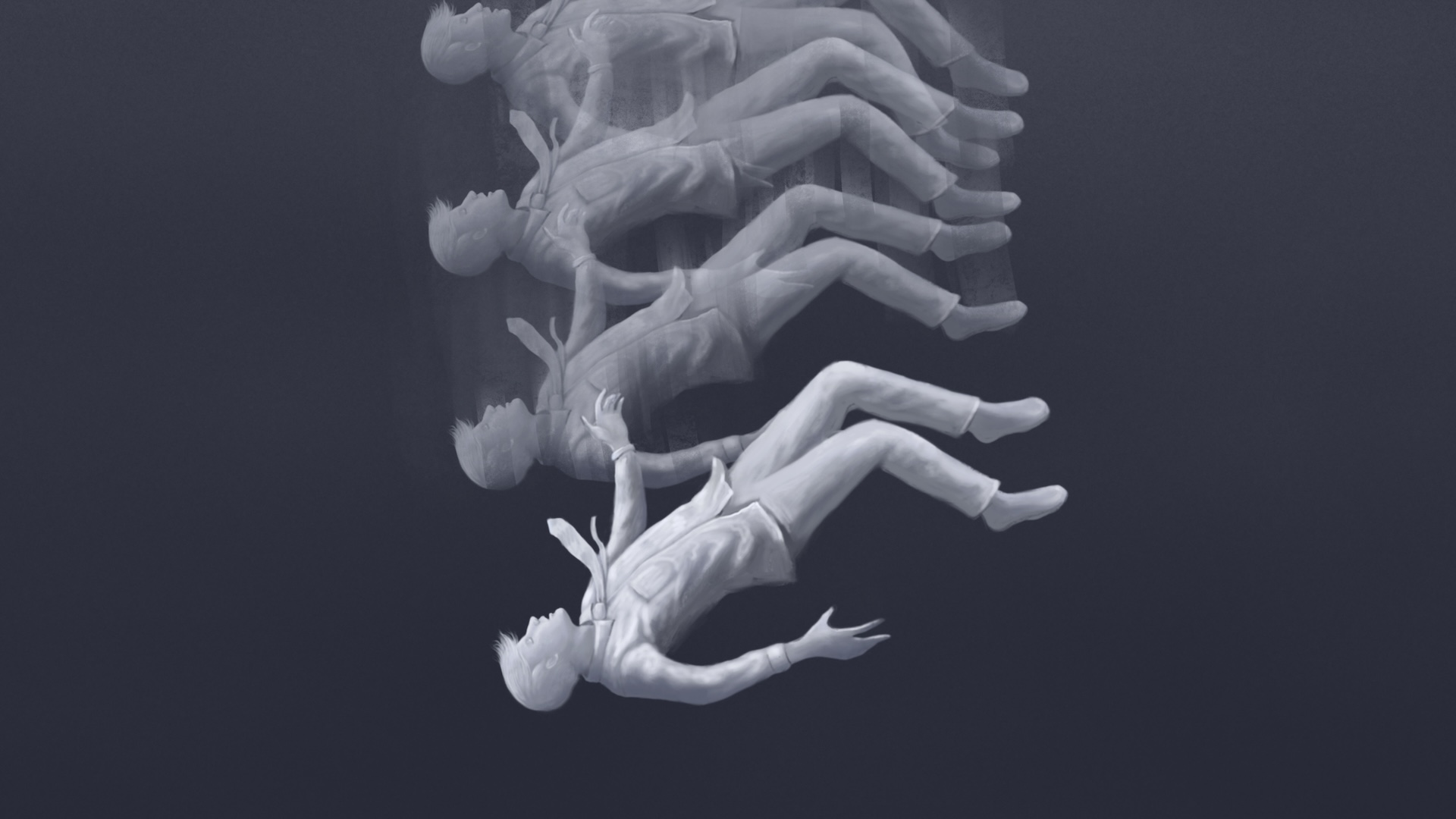
Why are recurring dreams usually nightmares?
By Amanda Heidt Published
-
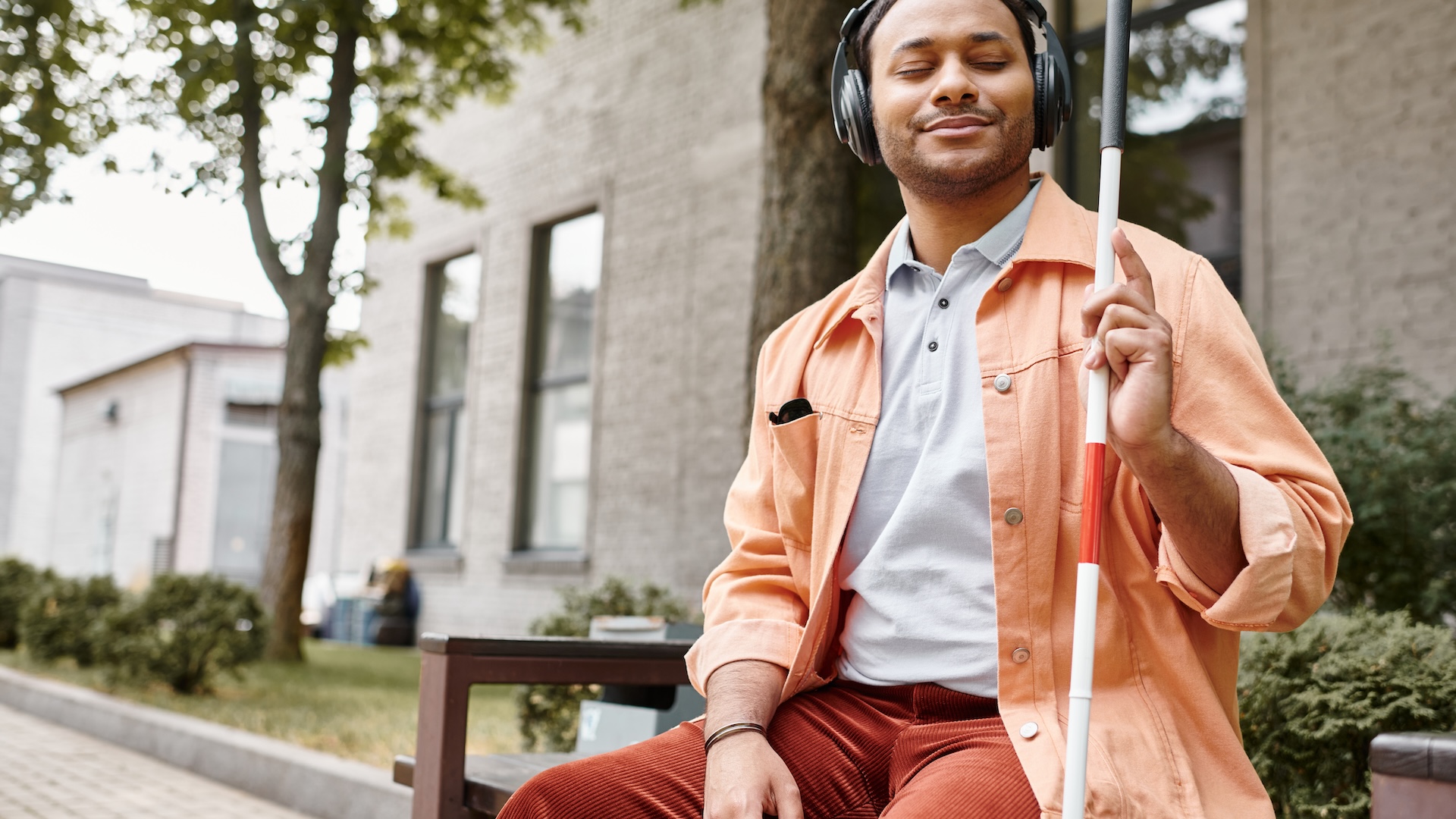
Do blind people 'see' images in their dreams?
By Charles Q. Choi Published
-

'Alien abduction' stories may come from lucid dreaming, study hints
By Mindy Weisberger Published
-
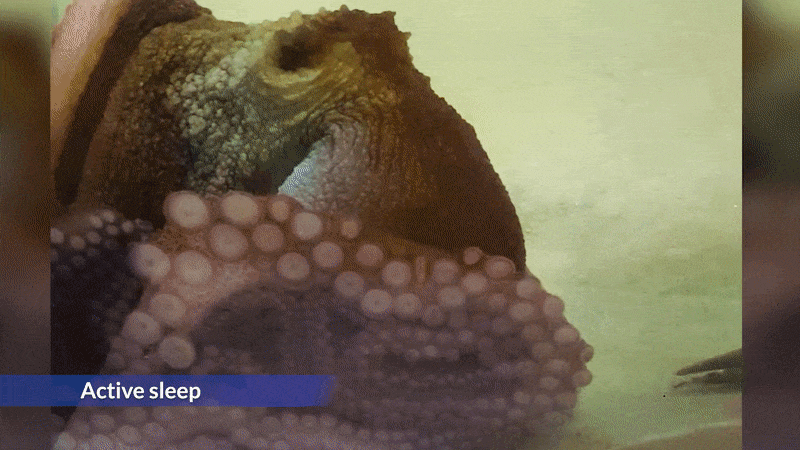
Do octopuses dream of 8-armed sheep? New study hints at human-like sleep cycle in cephalopods
By Nicoletta Lanese Published
-
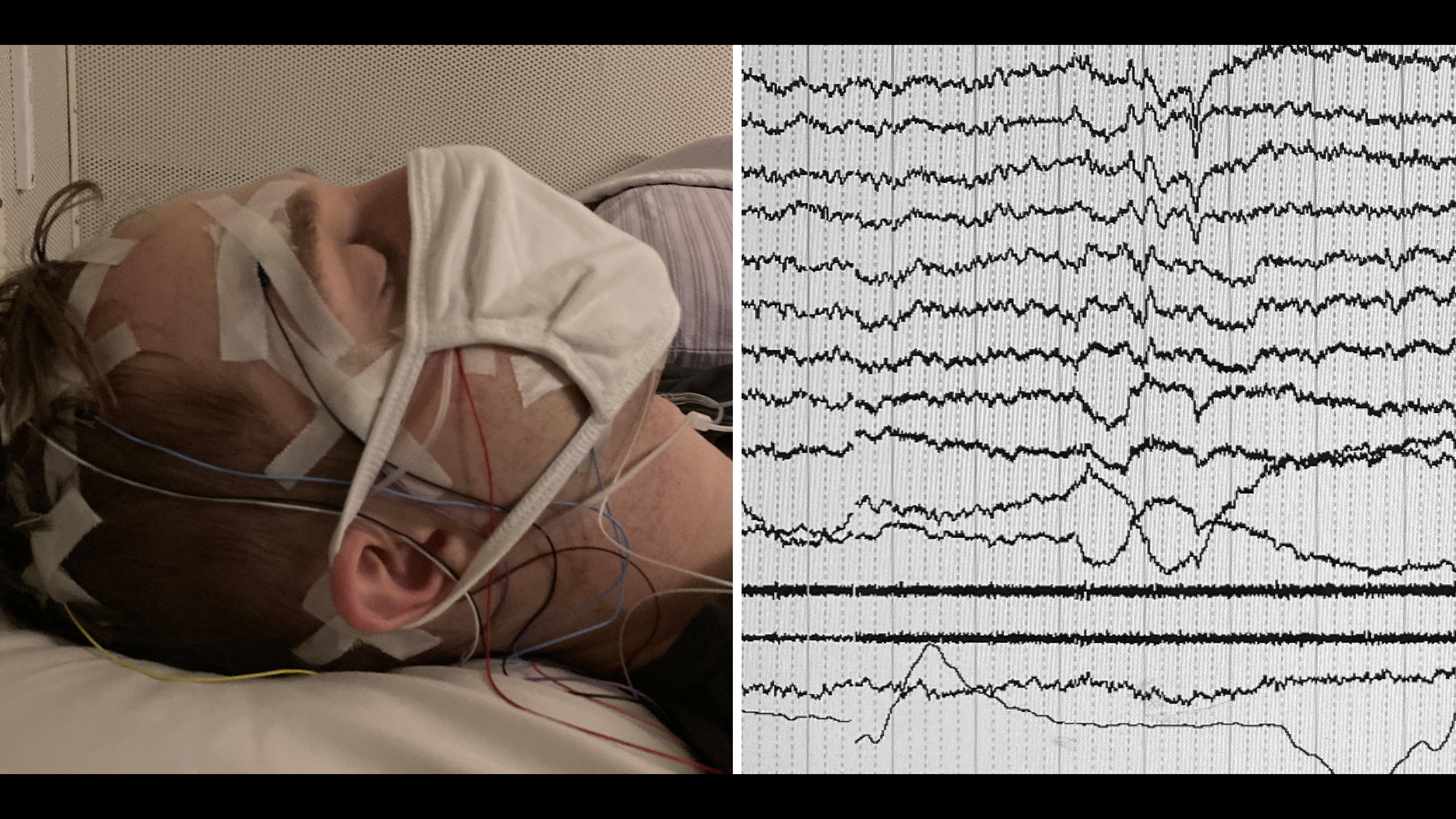
Lucid dreamers can hear and answer questions while still asleep, scientists find
By Patrick Pester Published
-
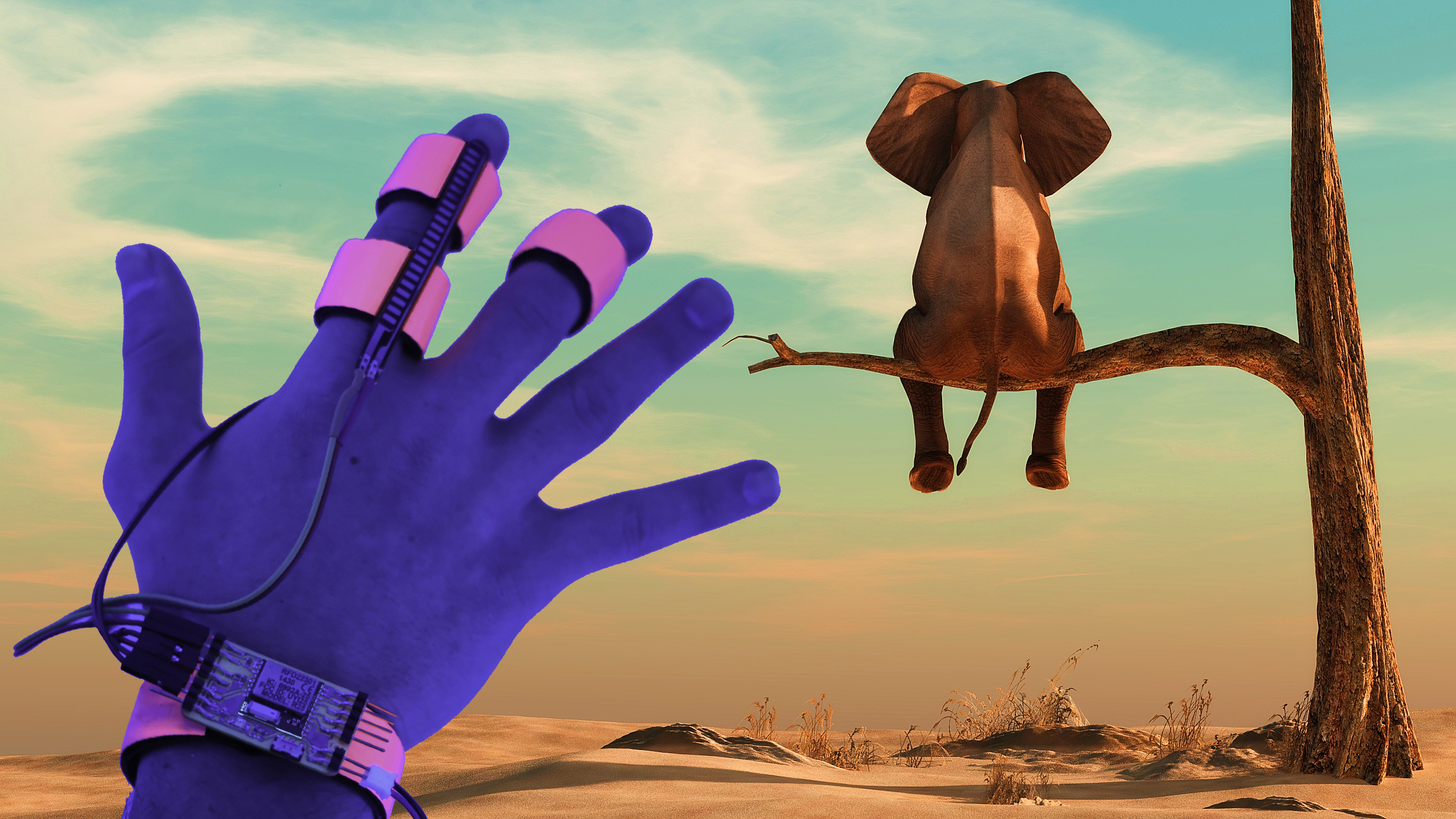
Dream-shaping tech from MIT channels suggestions into your dreams
By Mindy Weisberger Published
-
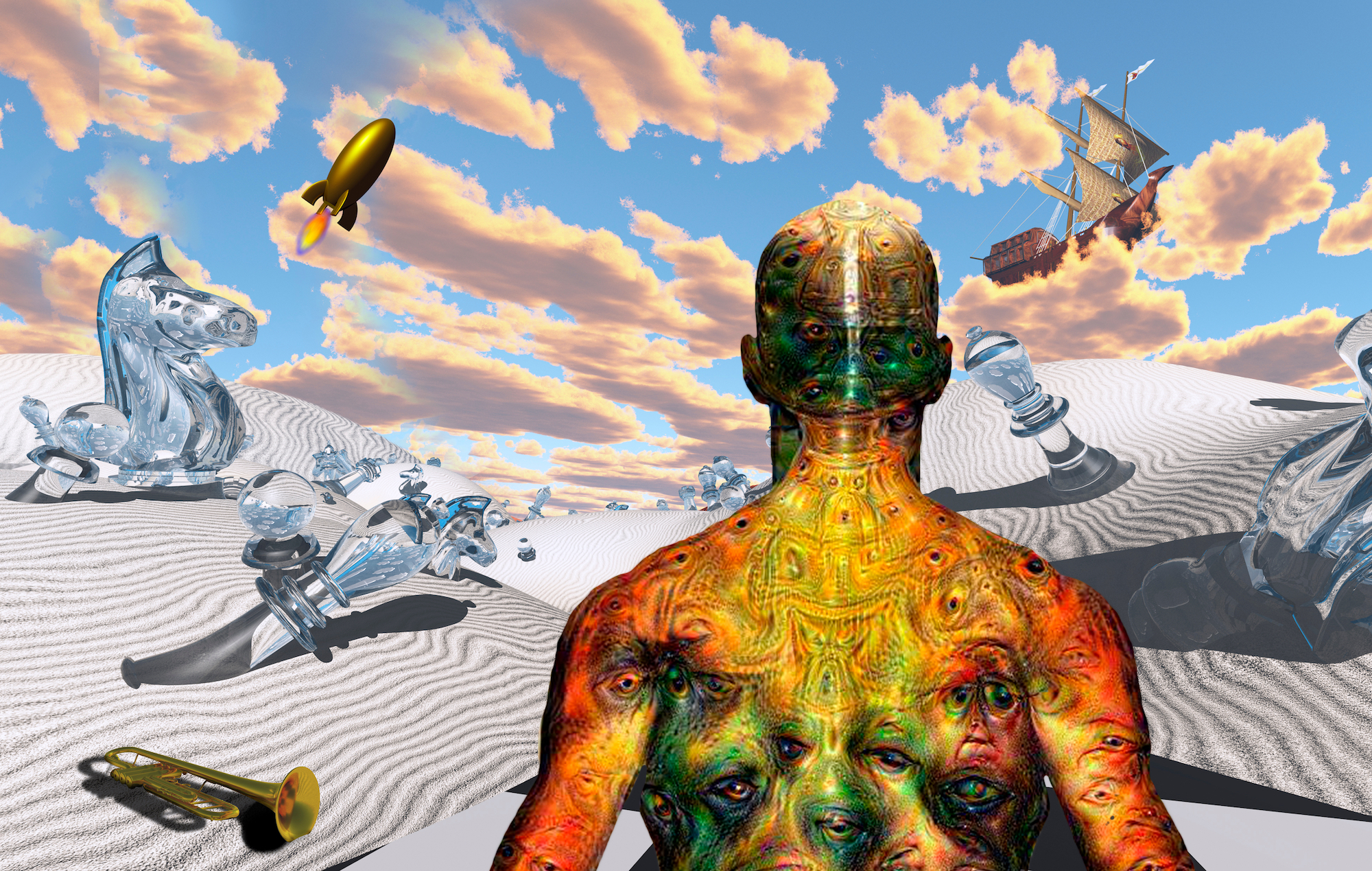
Do Dreams Really Reveal Our Deepest Secrets?
By Isobel Whitcomb Published
-
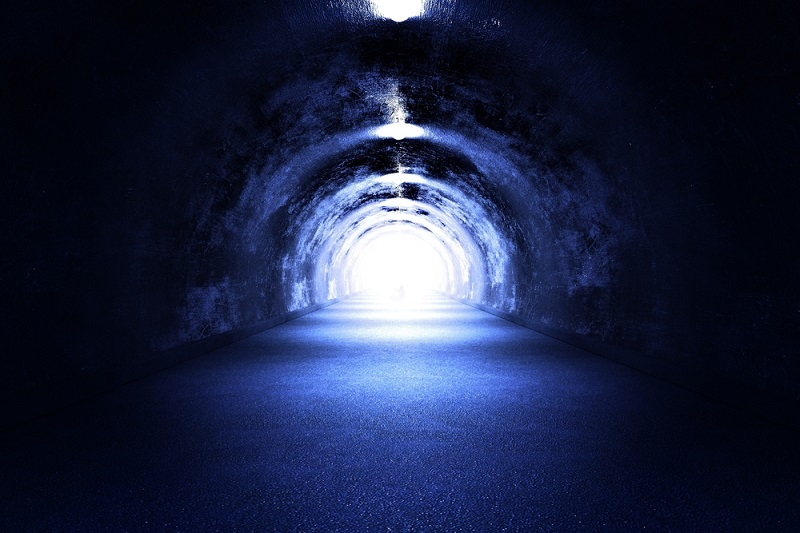
Near-Death Experiences May Stem from the Brain Blending Waking and Dreaming States, Study Suggests
By Rachael Rettner Published
-
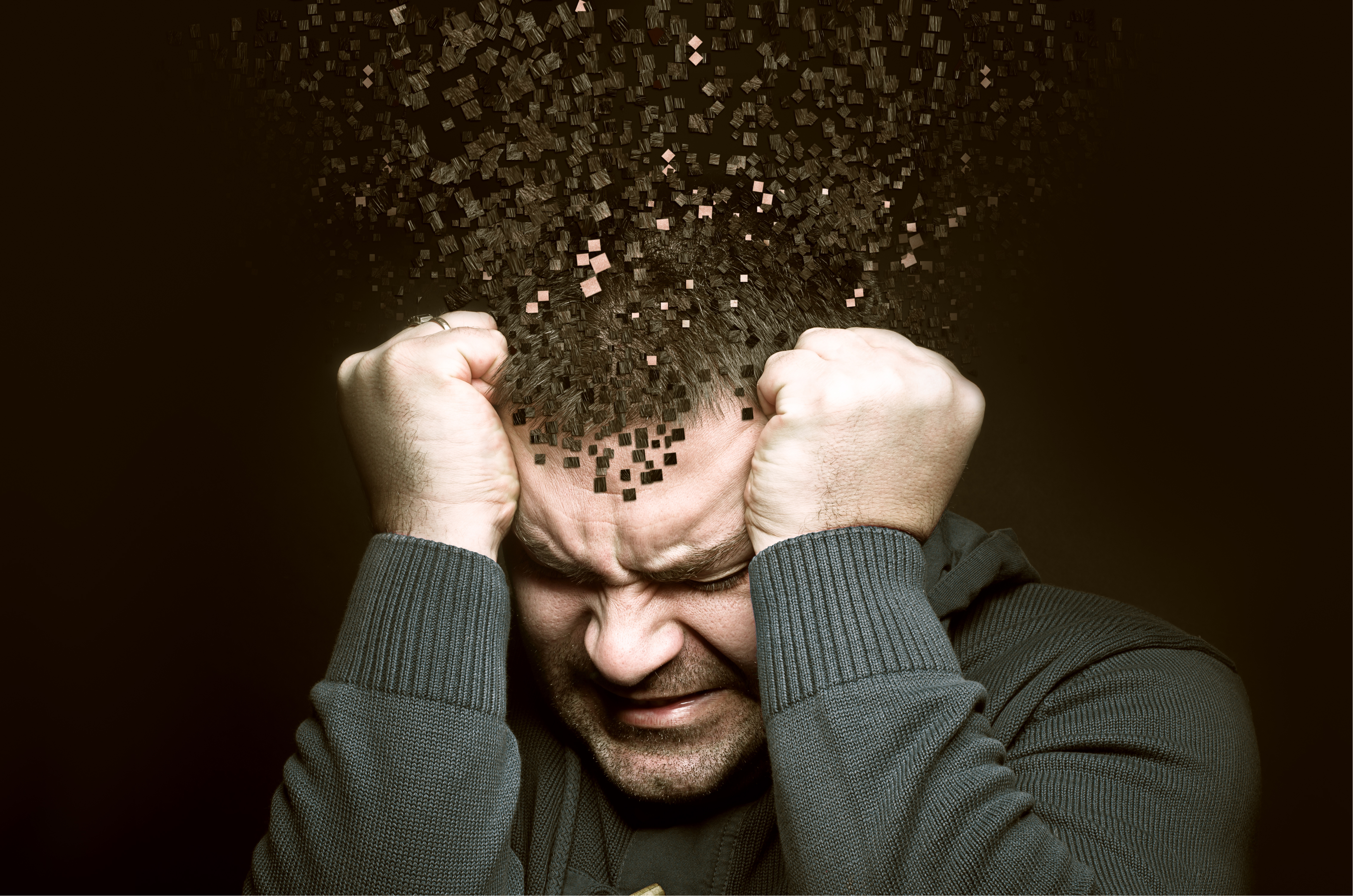
What Angry Dreams Look Like in Your Brain
By Stephanie Pappas Published
-
Dreams
-
-

Why are recurring dreams usually nightmares?
By Amanda Heidt Published
-

Do blind people 'see' images in their dreams?
By Charles Q. Choi Published
-

'Alien abduction' stories may come from lucid dreaming, study hints
By Mindy Weisberger Published
-

Do octopuses dream of 8-armed sheep? New study hints at human-like sleep cycle in cephalopods
By Nicoletta Lanese Published
-

Lucid dreamers can hear and answer questions while still asleep, scientists find
By Patrick Pester Published
-

Dream-shaping tech from MIT channels suggestions into your dreams
By Mindy Weisberger Published
-

Do Dreams Really Reveal Our Deepest Secrets?
By Isobel Whitcomb Published
-

Near-Death Experiences May Stem from the Brain Blending Waking and Dreaming States, Study Suggests
By Rachael Rettner Published
-

What Angry Dreams Look Like in Your Brain
By Stephanie Pappas Published
-
Memory
-
-
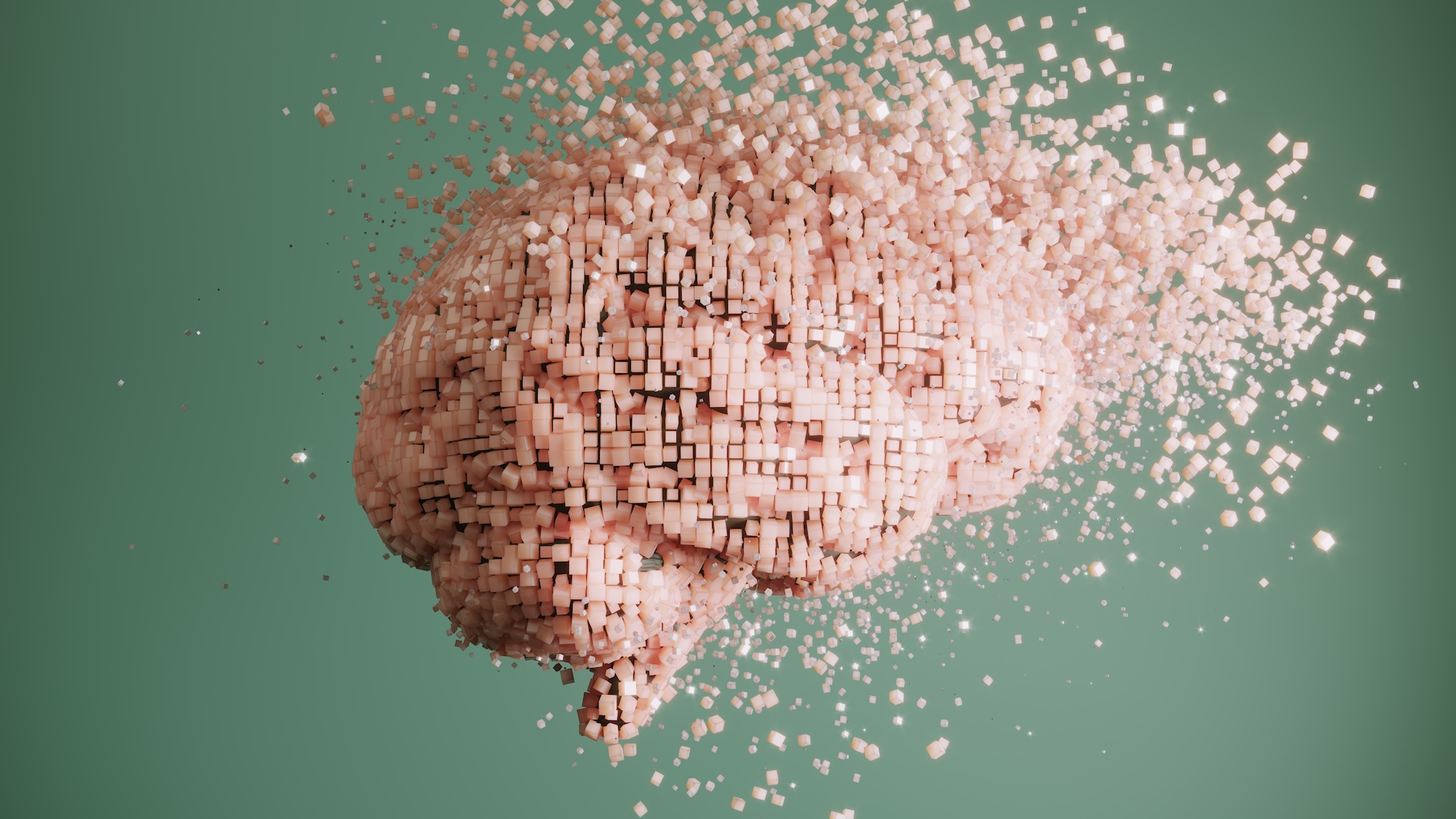
Could we ever retrieve memories from a dead person's brain?
By Hannah Loss Published
-
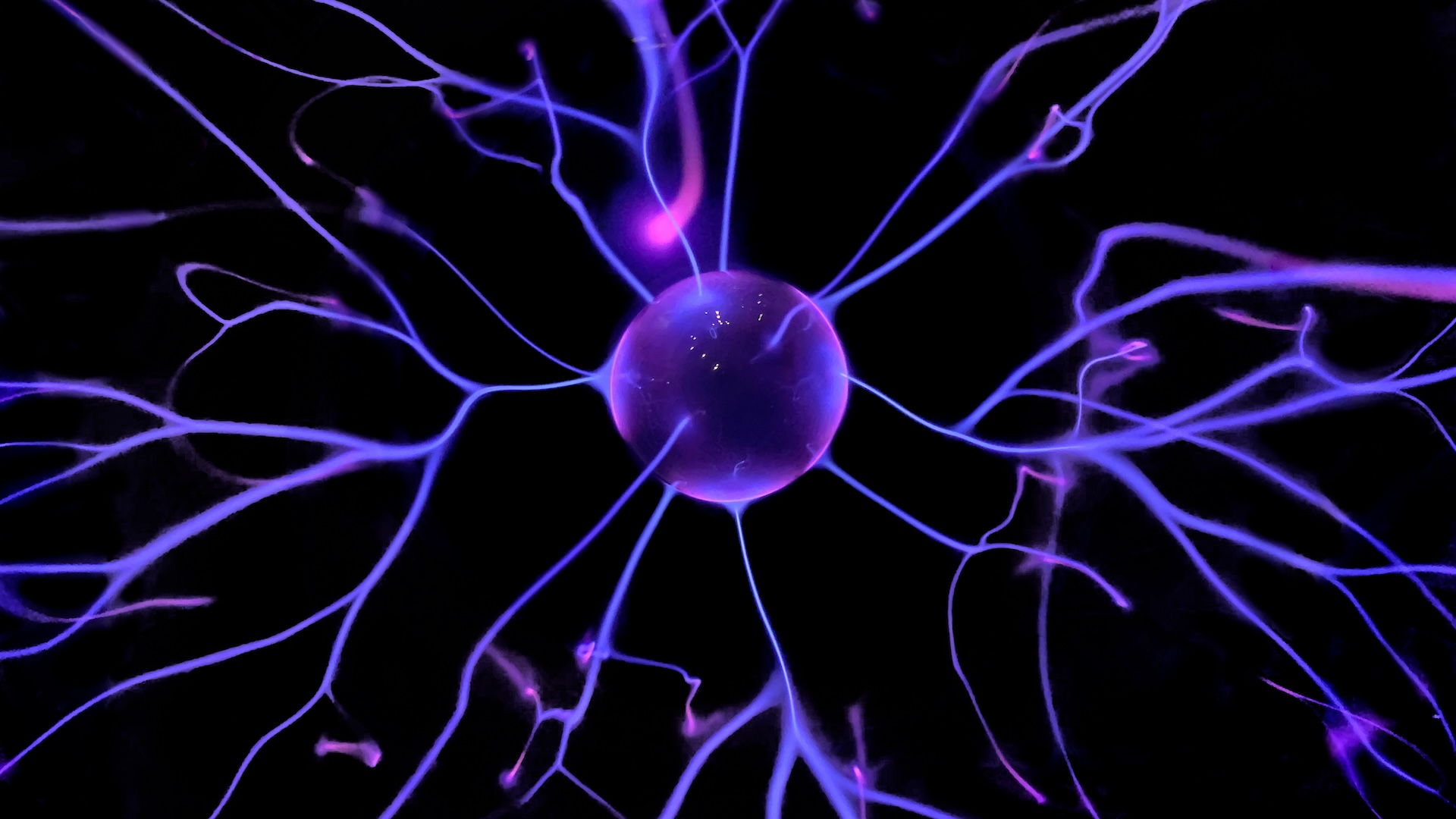
'Tour de force' study may explain why trauma can lead to PTSD
By Marianne Guenot Published
-

Forgetting may provide a surprising evolutionary benefit, experts say
By Sven Vanneste Published
-
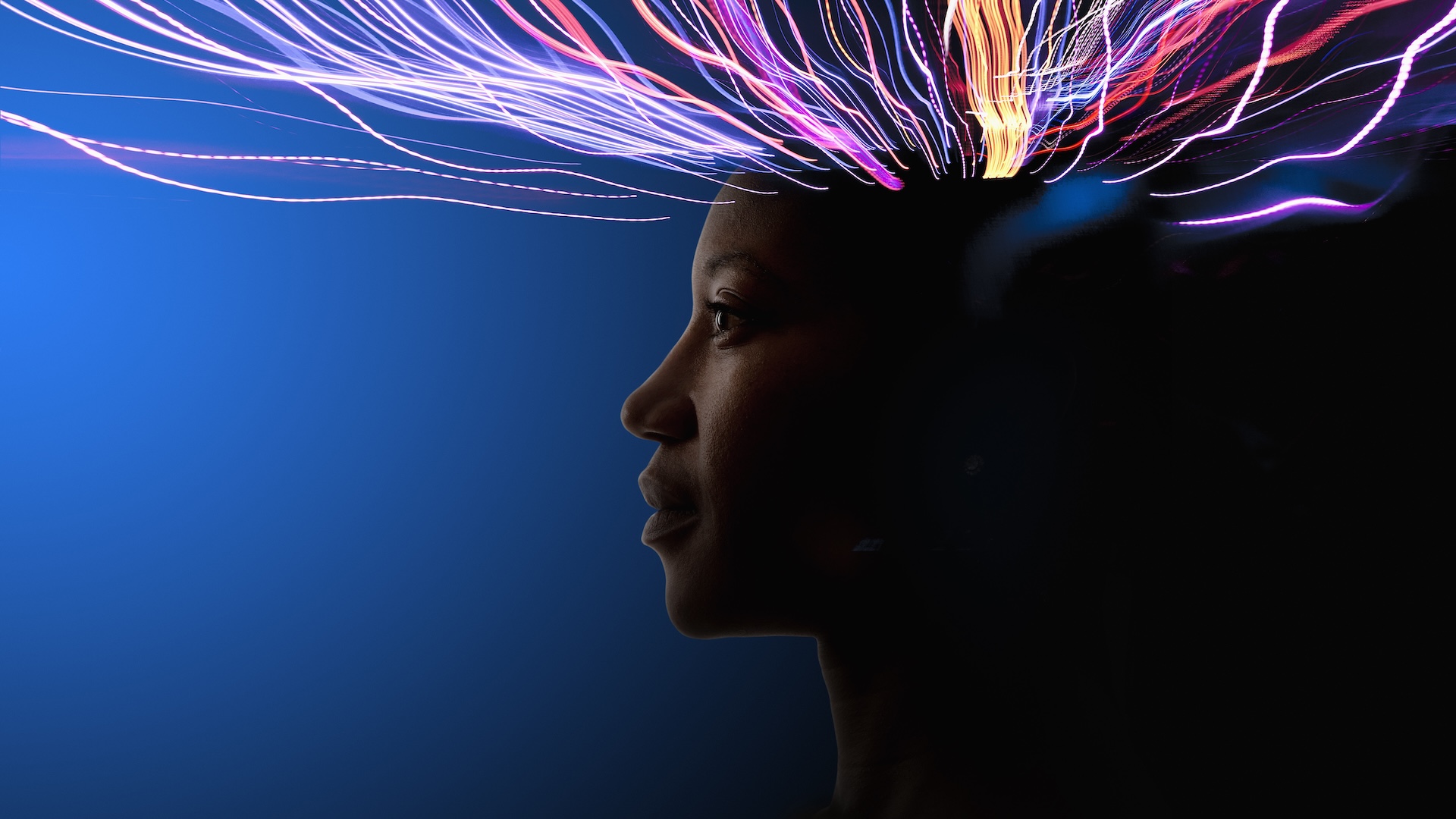
Study reveals how the brain divides days into 'movie scenes'
By Jennifer Zieba Published
-

Why do we forget things we were just thinking about?
By Marilyn Perkins Published
-
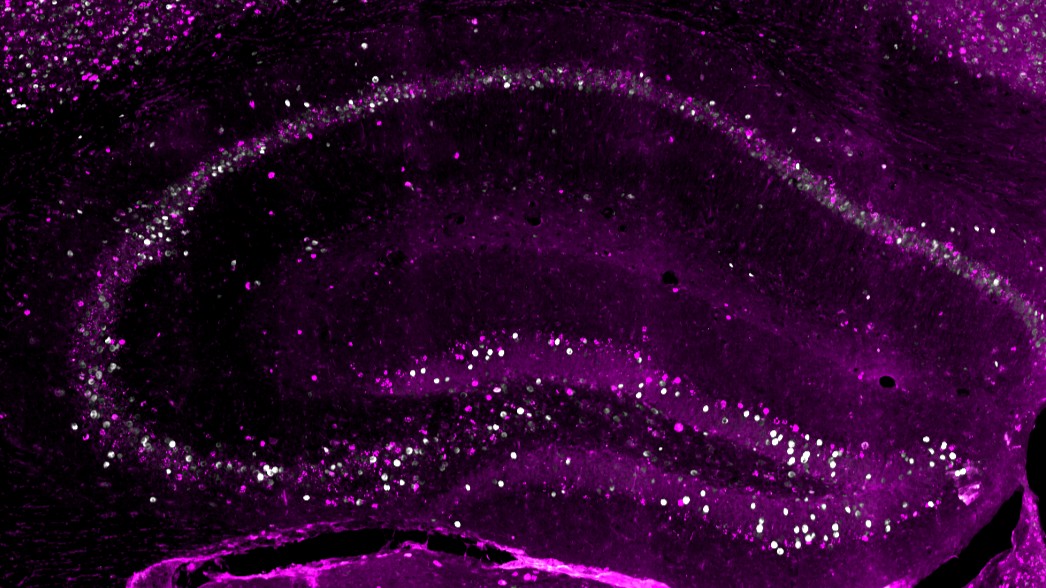
The brain stores at least 3 copies of every memory
By Emily Cooke Published
-

How accurate are our first childhood memories?
By Joe Phelan Published
-

'Muscle memories' get 'zipped and unzipped' in the brain, like computer files
By Nicoletta Lanese Published
-

Secret inner workings of cells revealed through self-assembling 'memory' chains
By Harry Baker Published
-
Neuroscience
-
-

Largest-ever brain 'connectome' built by having a mouse watch 'The Matrix' and 'Star Wars'
By Kamal Nahas Published
-

Estrogen may spur the body to make opioids after injury
By Nicoletta Lanese Published
-

The brain may 'move' between related ideas in the same way it navigates from one location to another
By Skyler Ware Published
-

Mind-reading brain implant 'streams' thoughts instantaneously
By Patrick Pester Published
-

Your brain starts eating itself during a marathon, study finds
By RJ Mackenzie Published
-

How much of your brain do you need to survive?
By Marilyn Perkins Published
-

Evidence refuting free will is being misinterpreted, scientists argue
By Aaron Schurger Published
-

Brain aging accelerates dramatically around age 44 — could ketone supplements help?
By Kamal Nahas Published
-
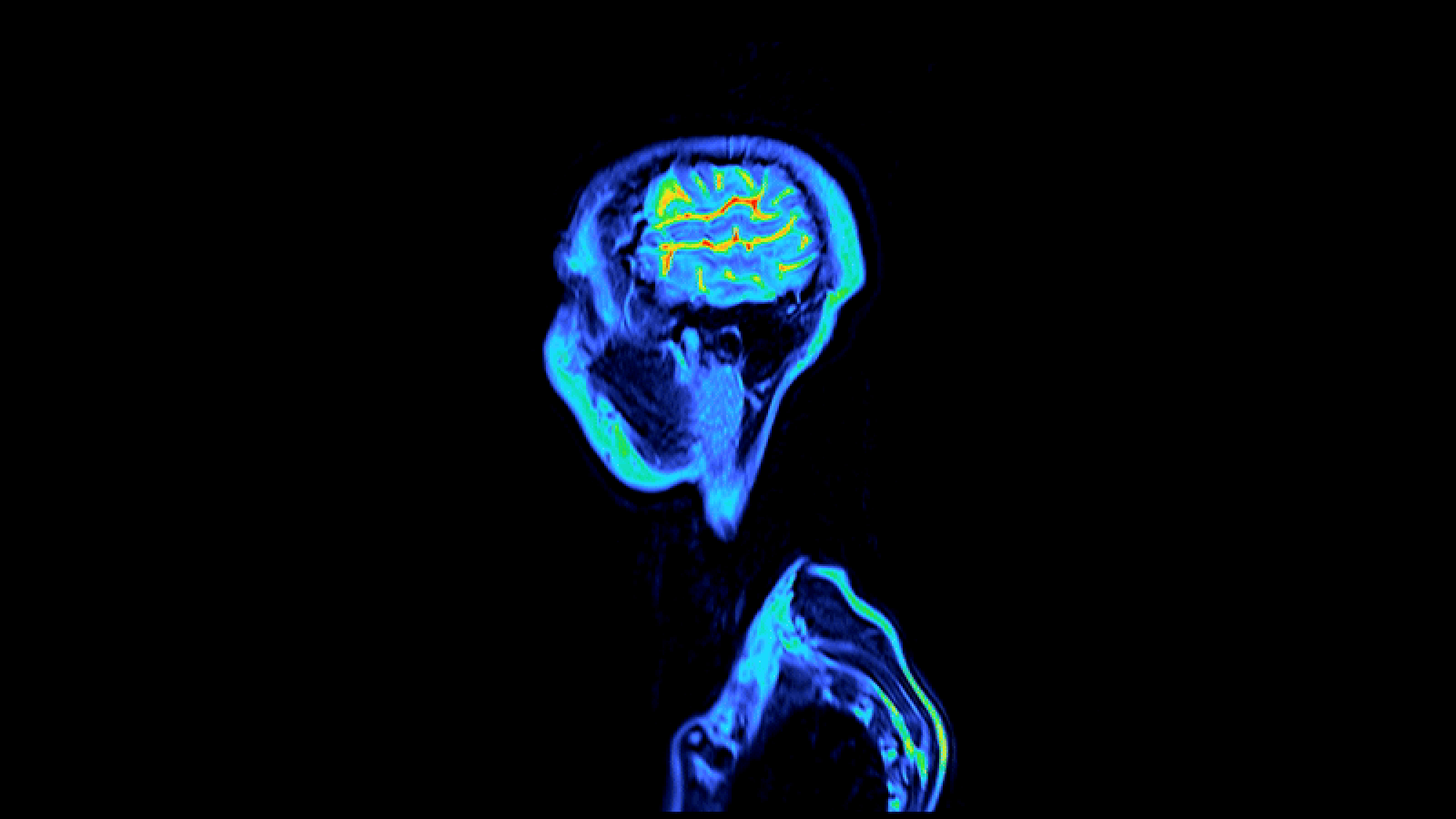 Quiz
QuizBrain quiz: Test your knowledge of the most complex organ in the body
By Nicoletta Lanese Published
-
Psychology
-
-

Trump executive order calls mental health prescriptions a 'threat' — why?
By Megha Satyanarayana Published
-

'It's better to be safe than sorry': How superstitions may still benefit us
By Stephanie Gomes-Ng Published
-
 Quiz
QuizWhat do you know about psychology's most infamous experiments? Test your knowledge in this science quiz.
By Stephanie Pappas Published
-
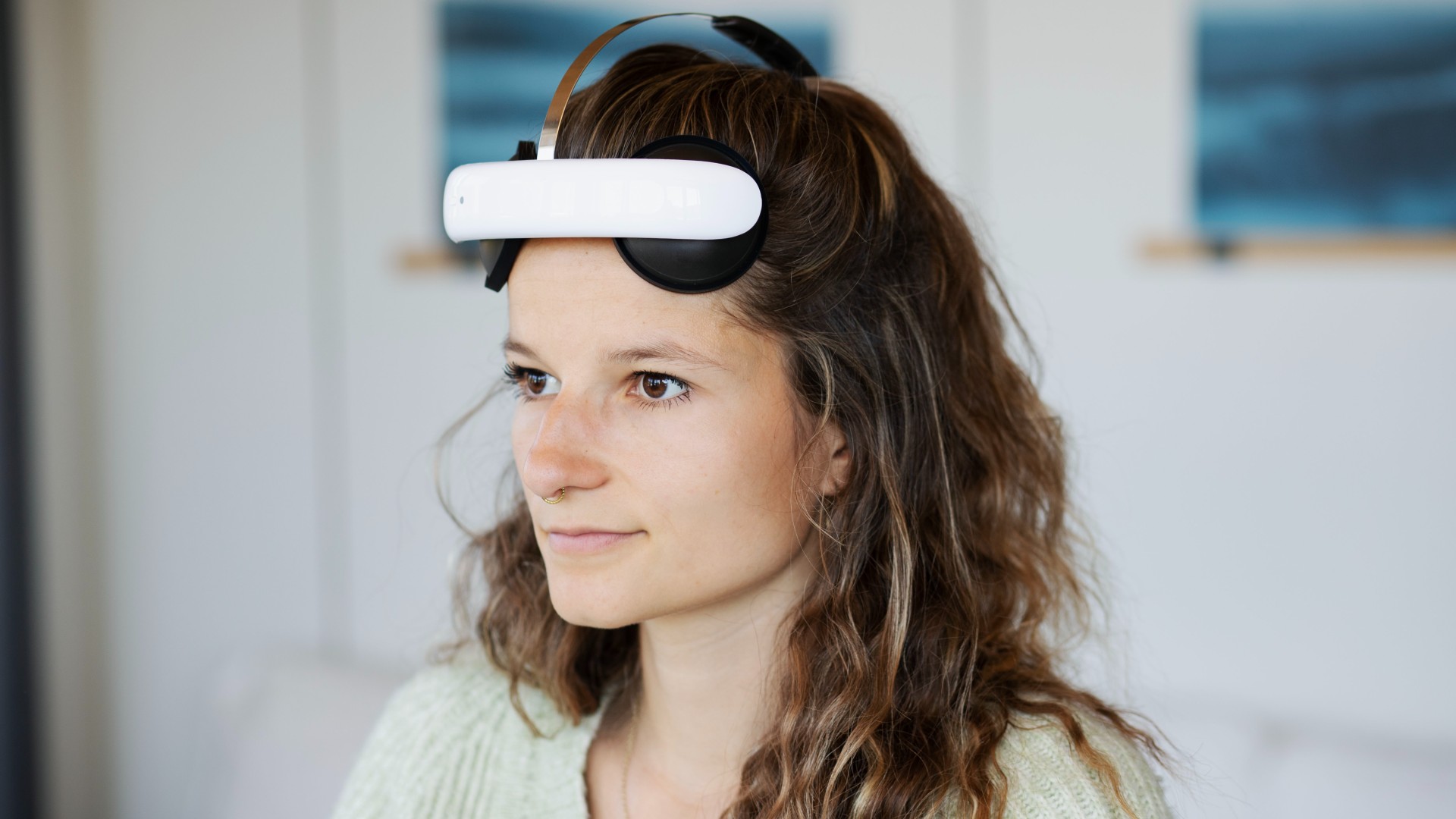
At-home brain stimulation could be promising depression treatment, trial hints
By Emily Cooke Published
-

'What is normal today may not be normal in a year's time': Dr. Dinesh Bhugra on the idea of 'normal' in psychiatry
By Nicoletta Lanese Published
-
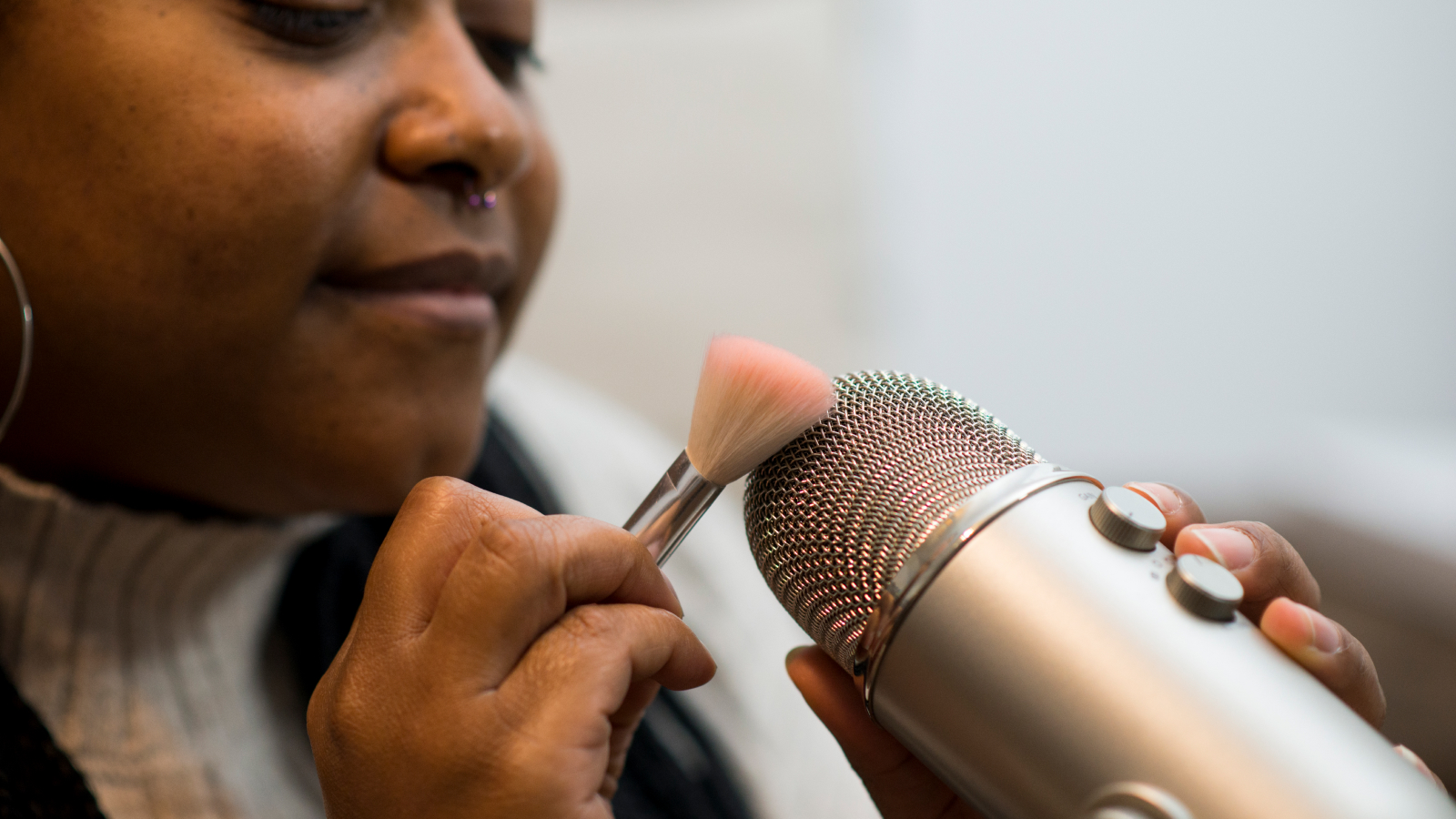
What is ASMR, and why do only some people experience it?
By Skyler Ware Published
-

Many kids are unsure if Alexa and Siri have feelings or think like people, study finds
By Joe Phelan Published
-

'Scent therapy' helps unlock memories in people with depression, trial finds
By Nicoletta Lanese Published
-
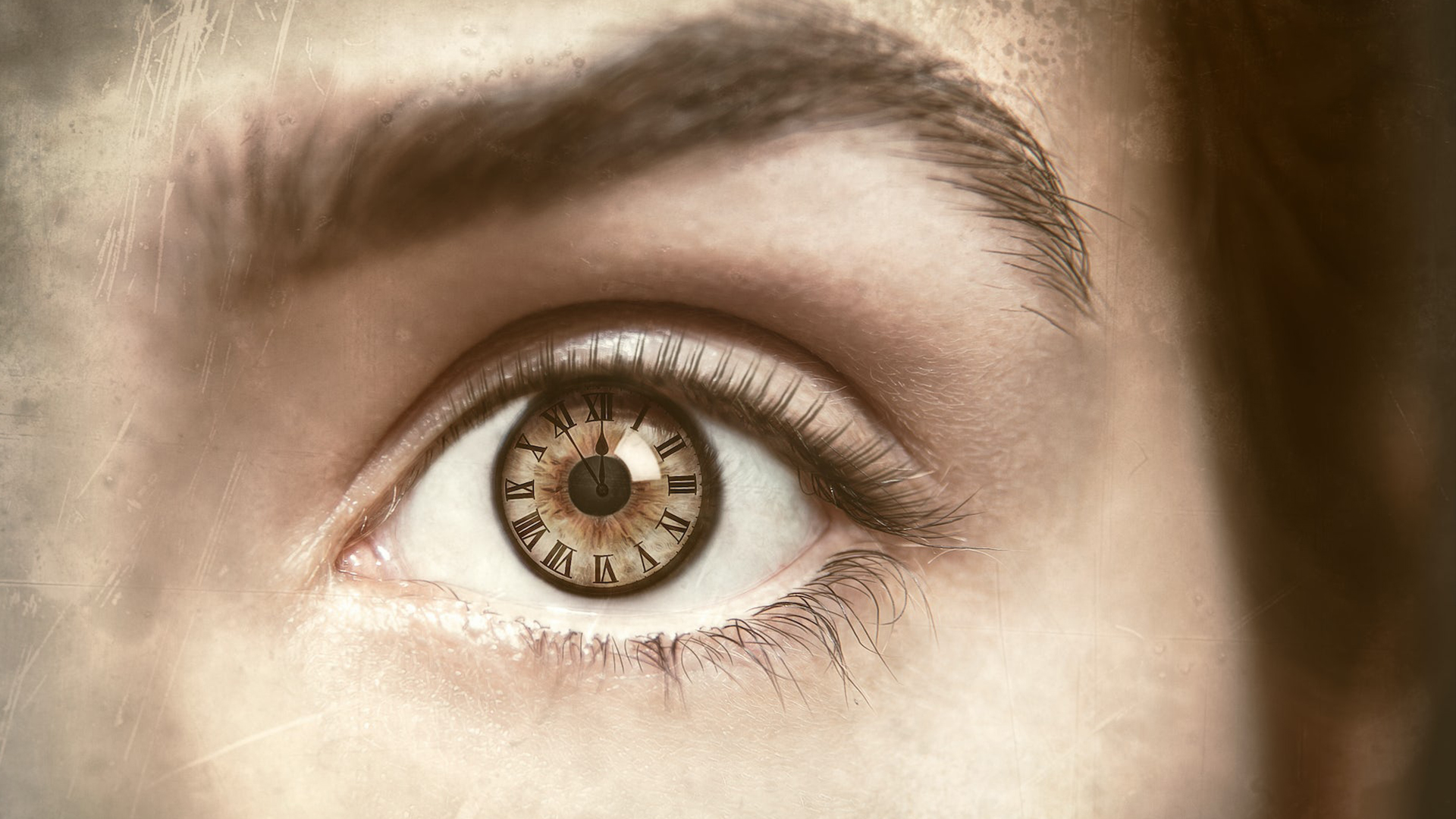
Why does time slow down in near-death experiences? An expert weighs in.
By Ruth Ogden Published
-
Relationships
-
-
 Reference
ReferenceHow to tell you're in love with someone, according to science
By Robin Nixon Pompa Last updated
-

People are falling in love with AI. Should we worry?
By Valerie A. Lapointe Published
-

Tinder, Hinge lawsuit raises question: Can dating apps be considered addictive?
By Stephanie Pappas Published
-
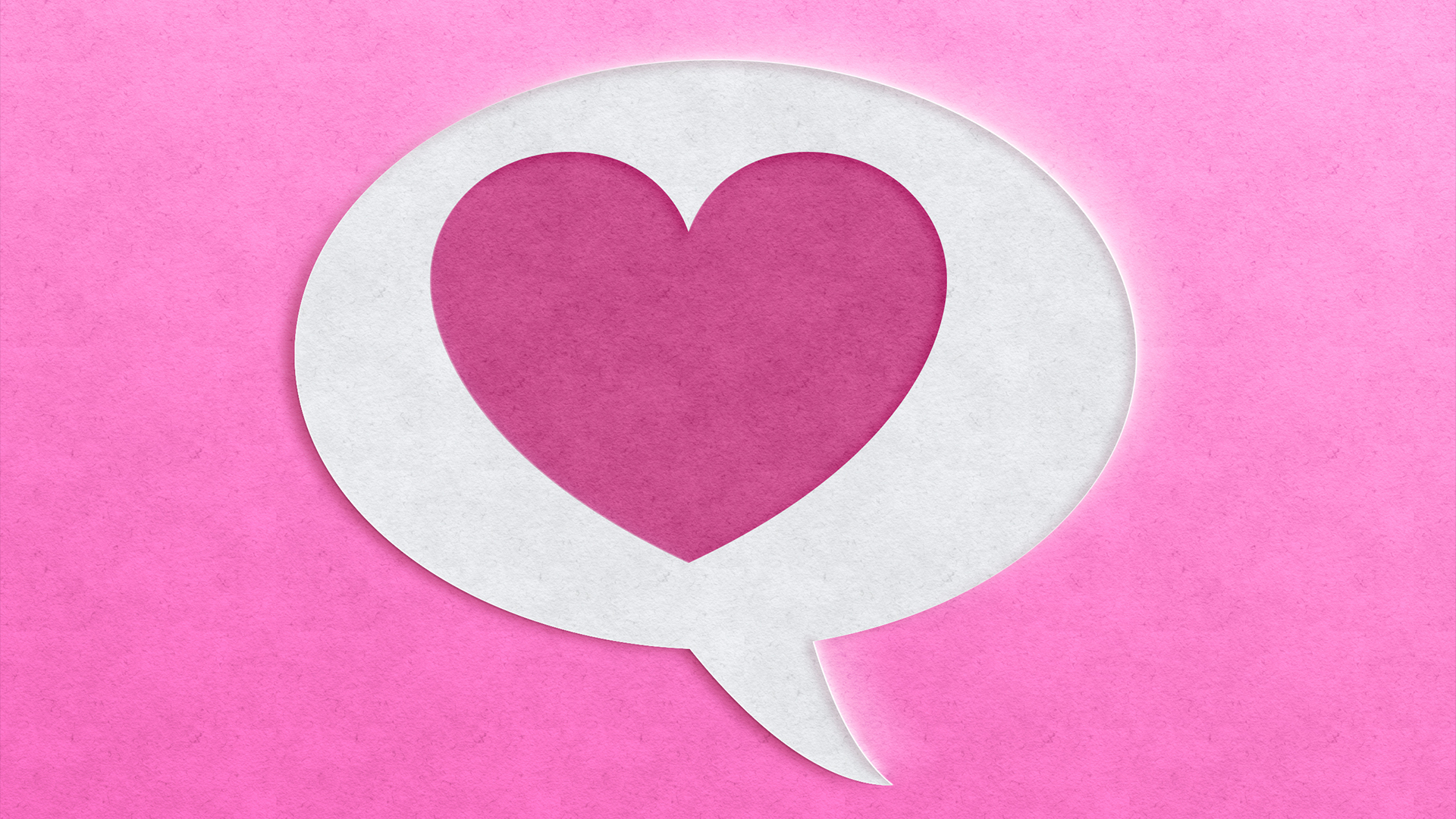
'You cannot put people into arbitrary boxes': Psychologists critique the '5 love languages'
By Anna Mattson Published
-

Humans can 'smell' each other's emotions — but we don't know how
By Marta Zaraska Published
-

Why does heartbreak hurt so much? Science has the answer
By Lou Mudge Published
-
 Reference
ReferenceWhat is a second cousin?
By Ailsa Harvey Published
-

The Shocking Truth About Married Girls
By Meredith F. Small Last updated
-

More twins are being born than ever before
By Rachael Rettner Published
-
Wellbeing
-
-

What causes people to 'choke' under pressure?
By Anna Gora Last updated
-

Resilience is a skill that can be cultivated, a psychologist explains
By Rachel Goldsmith Turow Published
-

Tinnitus often causes distress. A new app could help.
By Rebecca Sohn Published
-
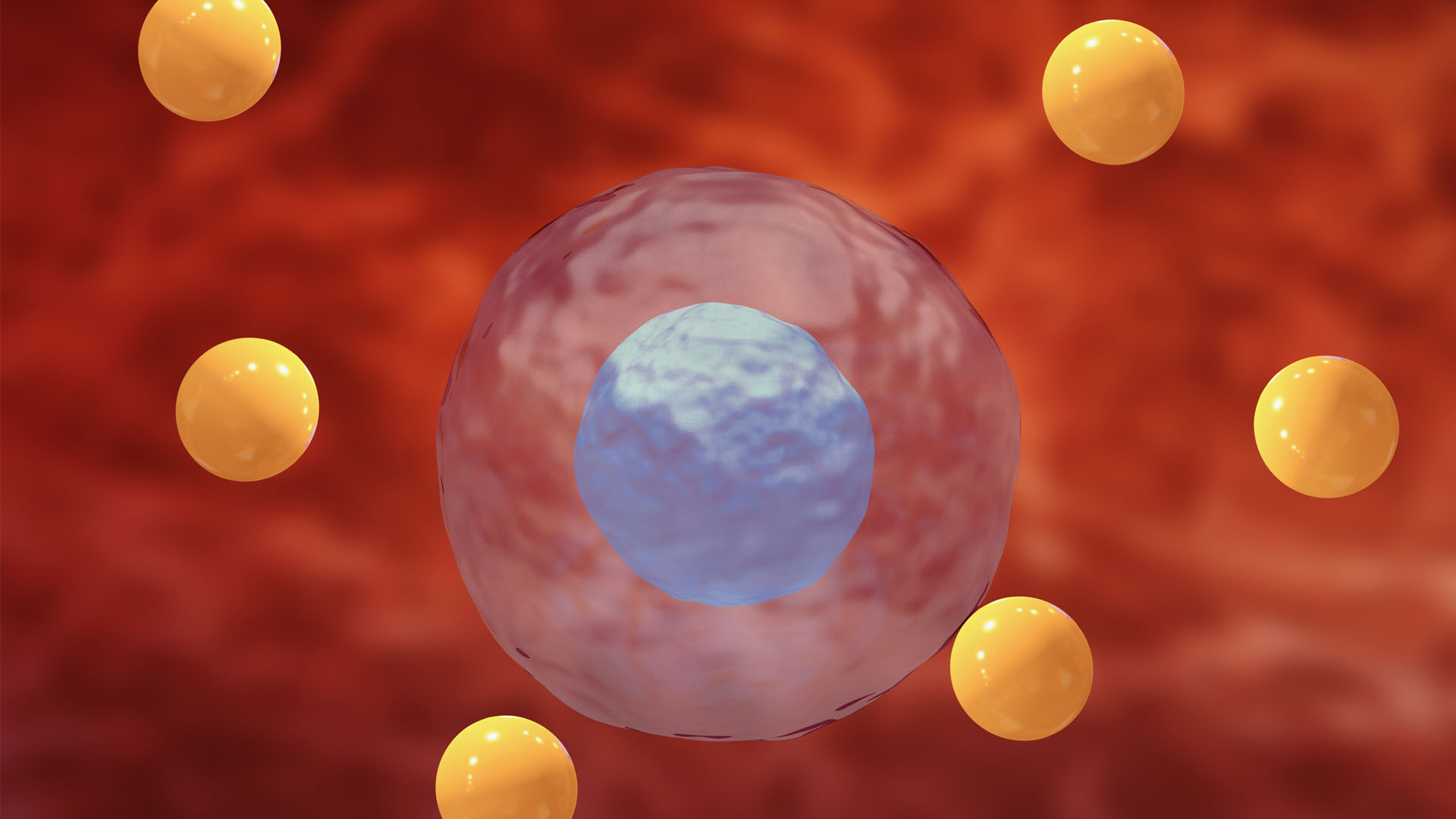
What is oxidative stress?
By Rebecca Sohn Published
-
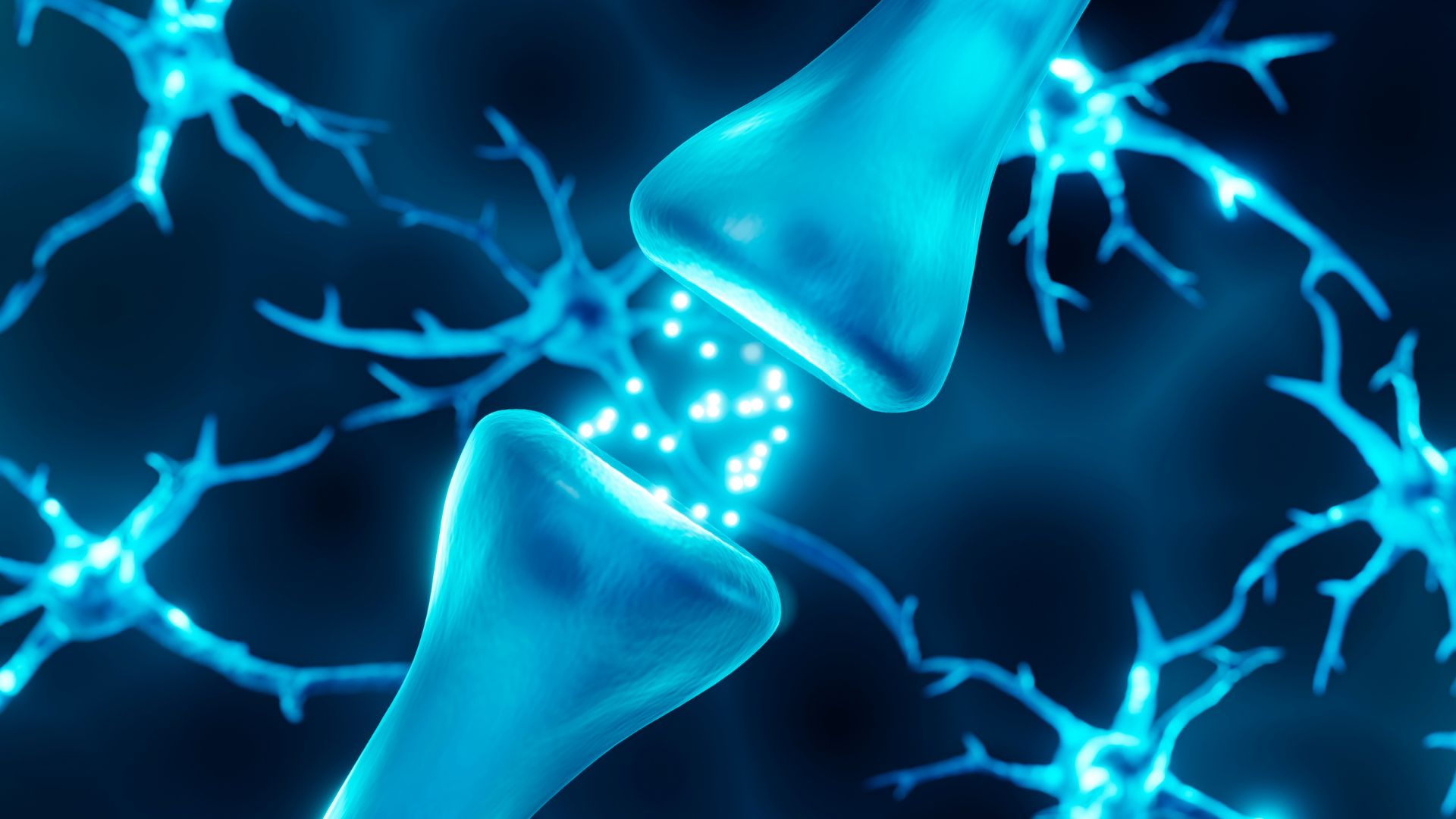
Psychedelics may treat depression by invading brain cells
By Nicoletta Lanese Published
-

Can stress turn hair gray?
By Donavyn Coffey Published
-

Can stress cause hair loss?
By Joanne Lewsley Published
-

Can you 'catch' stress from other people?
By Joe Phelan Published
-

What causes mood swings?
By Louise Bond Published
-
More about Mind
-
-

Evidence refuting free will is being misinterpreted, scientists argue
By Aaron Schurger Published
-

Brain aging accelerates dramatically around age 44 — could ketone supplements help?
By Kamal Nahas Published
-
 Quiz
QuizBrain quiz: Test your knowledge of the most complex organ in the body
By Nicoletta Lanese Published
-